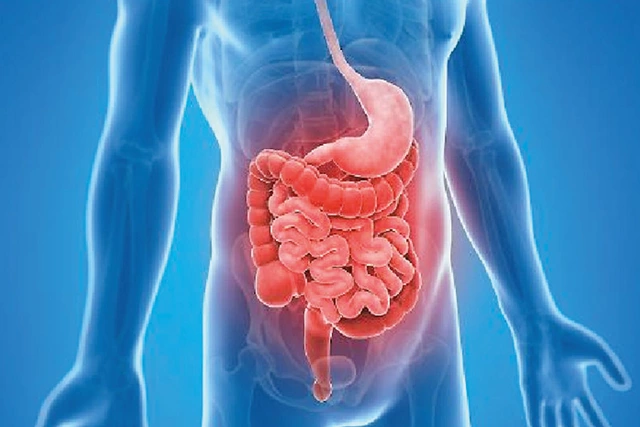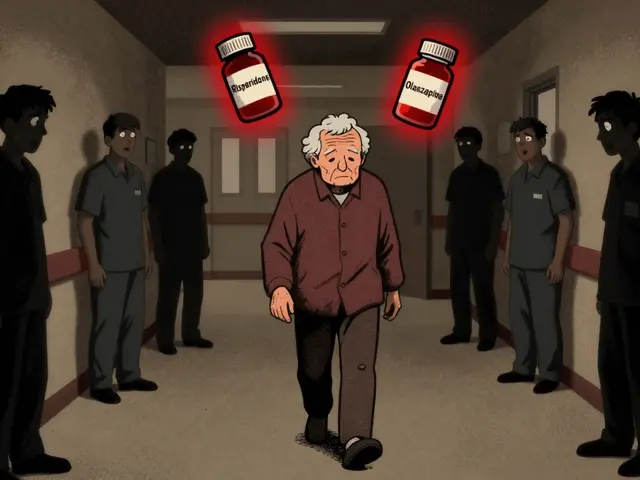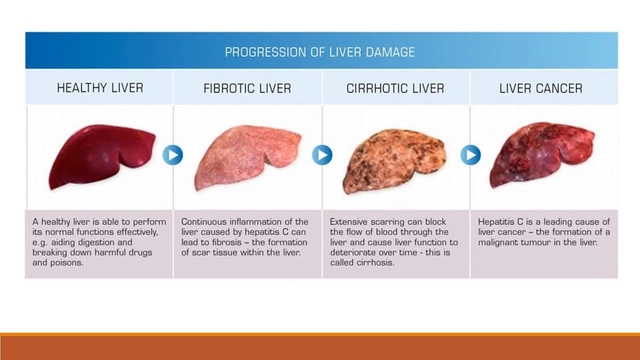Emergency Contraception: What It Is, How It Works, and When to Use It
If you ever miss a pill, have a condom break, or just aren’t sure about a recent encounter, emergency contraception (EC) can help prevent an unwanted pregnancy. Think of it as a backup plan, not a regular birth control method. It’s safe, easy to get, and works best the sooner you take it.
Types of Emergency Contraception
There are two main groups of EC: pills and a copper IUD. The most common pills are levonorgestrel (often called Plan B or Next‑Day Pill) and ulipristal acetate (known as Ella). Both are hormonal and need to be taken within a specific window after sex. Levonorgestrel works best within 72 hours, while ulipristal can be effective up to 120 hours.
The copper IUD is a non‑hormonal option. A doctor can insert it up to five days after unprotected sex, and it’s the most effective EC method—over 99% success. Plus, once it’s in place, it continues to work as regular birth control for up to 10 years.
How to Use Emergency Contraception Correctly
Timing is the biggest factor. The earlier you take the pill, the higher the chance it will stop an egg from implanting. If you’re within 24 hours, you’ll get the best protection. Keep the package handy so you can grab it fast.
When you take the pill, you might feel nausea, fatigue, or a mild headache. Those side effects are short‑lived and don’t mean the pill isn’t working. If you vomit within two hours of swallowing, call a pharmacist—another dose may be needed.
After using EC, you’ll need a regular birth control method if you want ongoing protection. The copper IUD automatically becomes your long‑term option, while hormonal pills can be followed by a birth‑control prescription.
Many people worry about safety. EC pills are approved for anyone 12 and older, and they don’t cause abortions. They simply prevent a pregnancy from starting. The copper IUD is safe for most women, but your doctor will check for any infections or abnormal bleeding first.
Where to get EC? Most pharmacies sell over‑the‑counter levonorgestrel pills. Ulipristal requires a prescription, but many clinics and online tele‑health services can prescribe it quickly. The copper IUD needs a healthcare provider for insertion.
Common myths? No, EC won’t affect your next period—it may arrive a few days early or late. It also won’t protect against STIs, so consider getting tested if you’re at risk.
Bottom line: emergency contraception is a reliable safety net. Keep a pill at home, know your local clinic’s hours, and act fast if you need it. It’s your right to control your reproductive health, and EC makes that easier.

Explore how levonorgestrel BP works as emergency contraception and its mental health effects, from anxiety to decision regret, with practical coping tips.
Continue Reading





